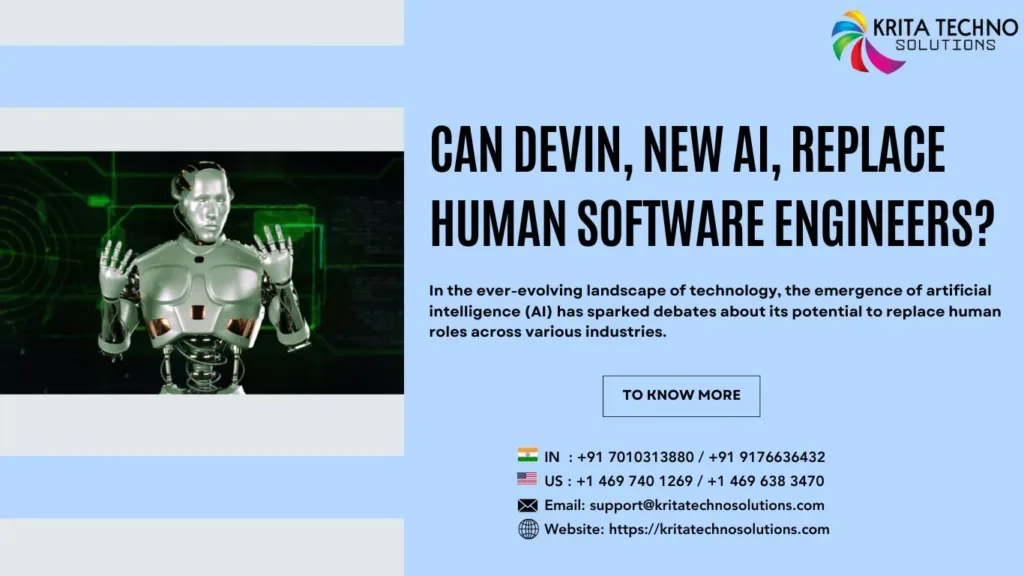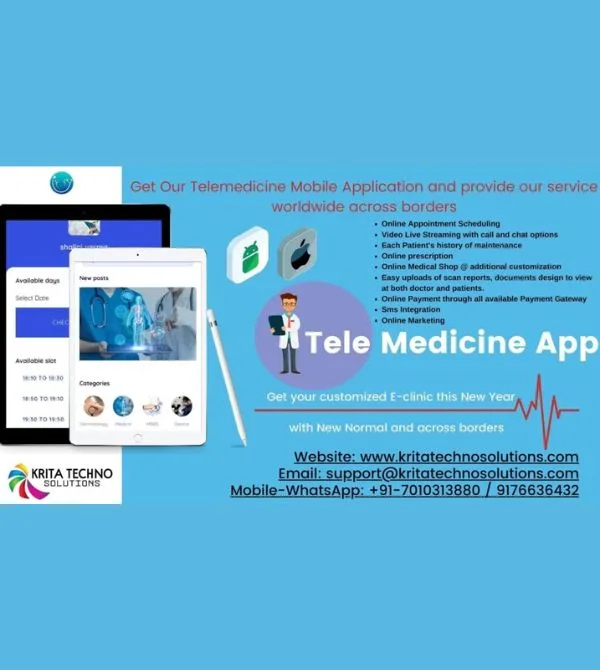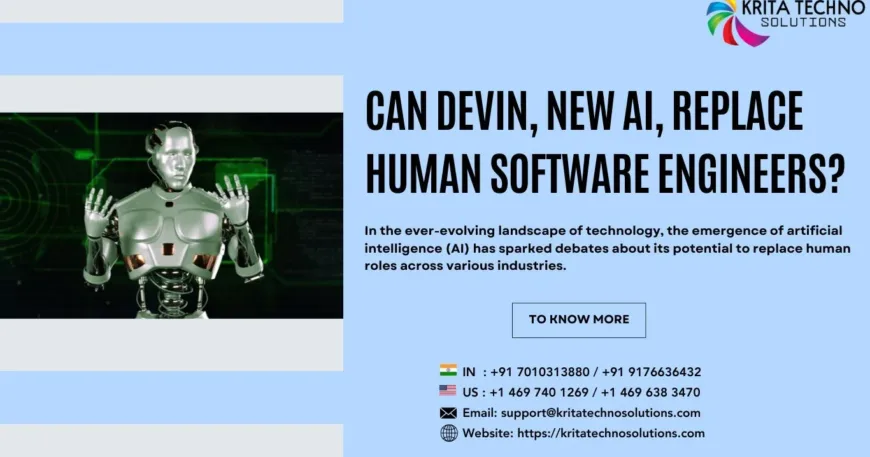
In the ever-evolving landscape of technology, the emergence of artificial intelligence (AI) has sparked debates about its potential to replace human roles across various industries. One such area of concern is software engineering, where AI tools like Devin are making waves with their ability to automate tasks and streamline development processes. But can Devin truly replace human software engineers?
With 9+ years of experience in the industry and a wealth of knowledge about the latest Web technologies, media trends and best practices, we are well-equipped to help you achieve your marketing goals.
Devin, touted as the next-generation AI for software development, boasts impressive capabilities. Its advanced algorithms can analyze vast amounts of code, identify bugs, suggest optimizations, and even generate code snippets autonomously. This raises the question: Could Devin render human software engineers obsolete?
While Devin undeniably offers efficiency and speed in certain aspects of software development, it’s crucial to recognize the unique qualities that human engineers bring to the table. Here are some reasons why Devin may not completely replace human software engineers:
1. Creativity and Innovation: Human engineers possess creativity and innovative thinking that are difficult to replicate artificially. They bring unique perspectives to problem-solving, enabling them to devise novel solutions and push the boundaries of technology.
2. Contextual Understanding: Software development often requires a deep understanding of the project’s context, user requirements, and business goals. Human engineers excel in interpreting and adapting to these nuances, ensuring that the software aligns with the broader objectives.
3. Collaboration and Communication: Effective collaboration and communication are essential for successful software development. Human engineers thrive in collaborative environments, leveraging teamwork and interpersonal skills to brainstorm ideas, resolve conflicts, and drive projects forward.
4. Adaptability and Learning: Technology evolves rapidly, and software engineers must continually learn and adapt to new tools, languages, and frameworks. Human engineers demonstrate adaptability and a willingness to learn, allowing them to stay abreast of industry trends and embrace emerging technologies.
5. Ethical and Moral Judgment: Software development involves ethical considerations, such as privacy, security, and societal impact. Human engineers apply ethical and moral judgment to navigate these complex issues, ensuring that their work aligns with ethical principles and societal values.
While Devin offers valuable automation and assistance in software development, it is unlikely to replace human software engineers entirely. Instead, Devin complements human expertise, enabling engineers to focus on high-level tasks that require creativity, critical thinking, and human judgment.
While AI like Devin is revolutionizing the field of software development, human software engineers remain indispensable. By leveraging the strengths of both AI and human intelligence, we can harness the full potential of technology to drive innovation and progress in the digital age.
For Contact:
📞 IN : +91 7010313880 / +91 9176636432
📞 US : +1 469 740 1269 / +1 214 705 2058
✉️ Email: support@kritatechnosolutions.com
🌐 Website: https://kritatechnosolutions.com/






